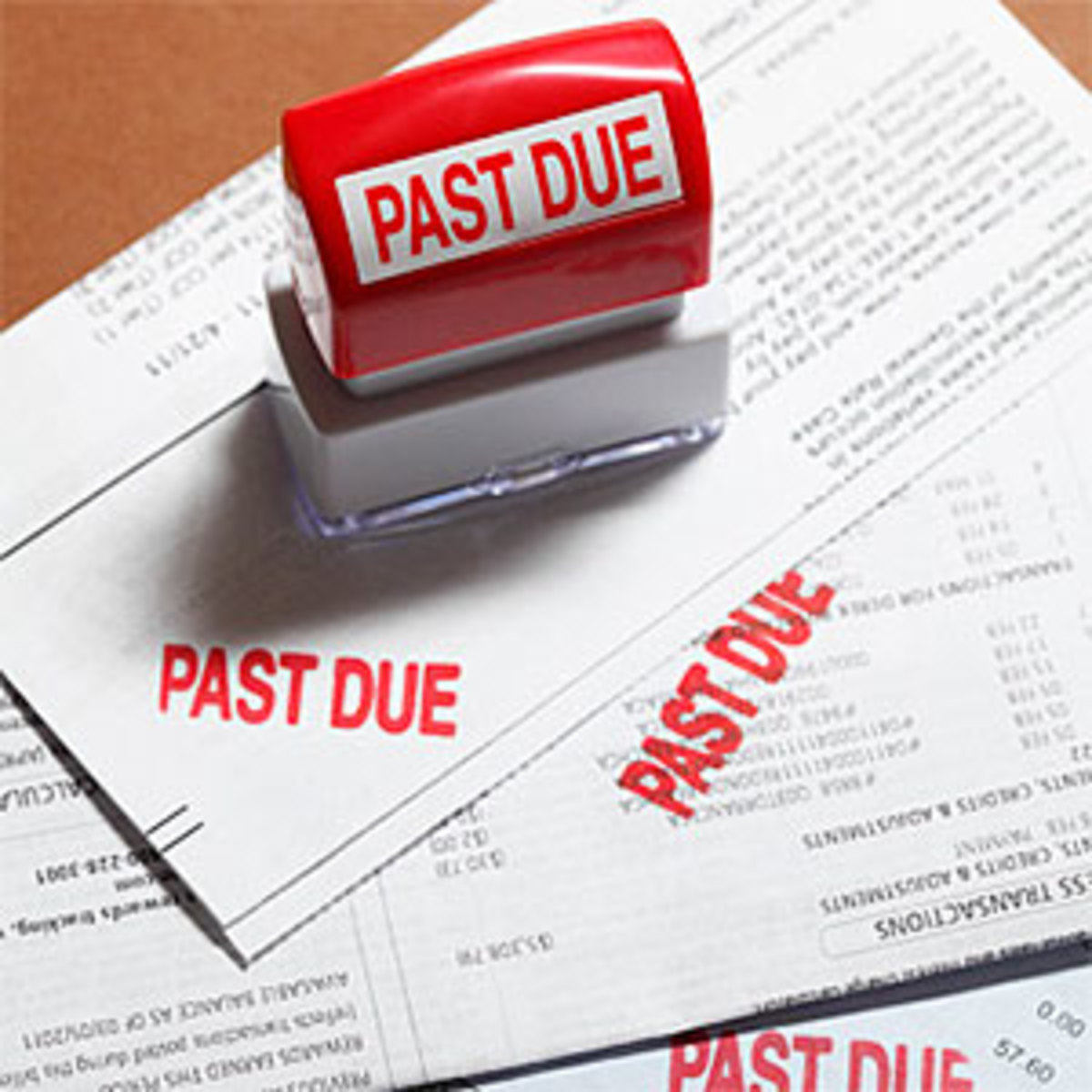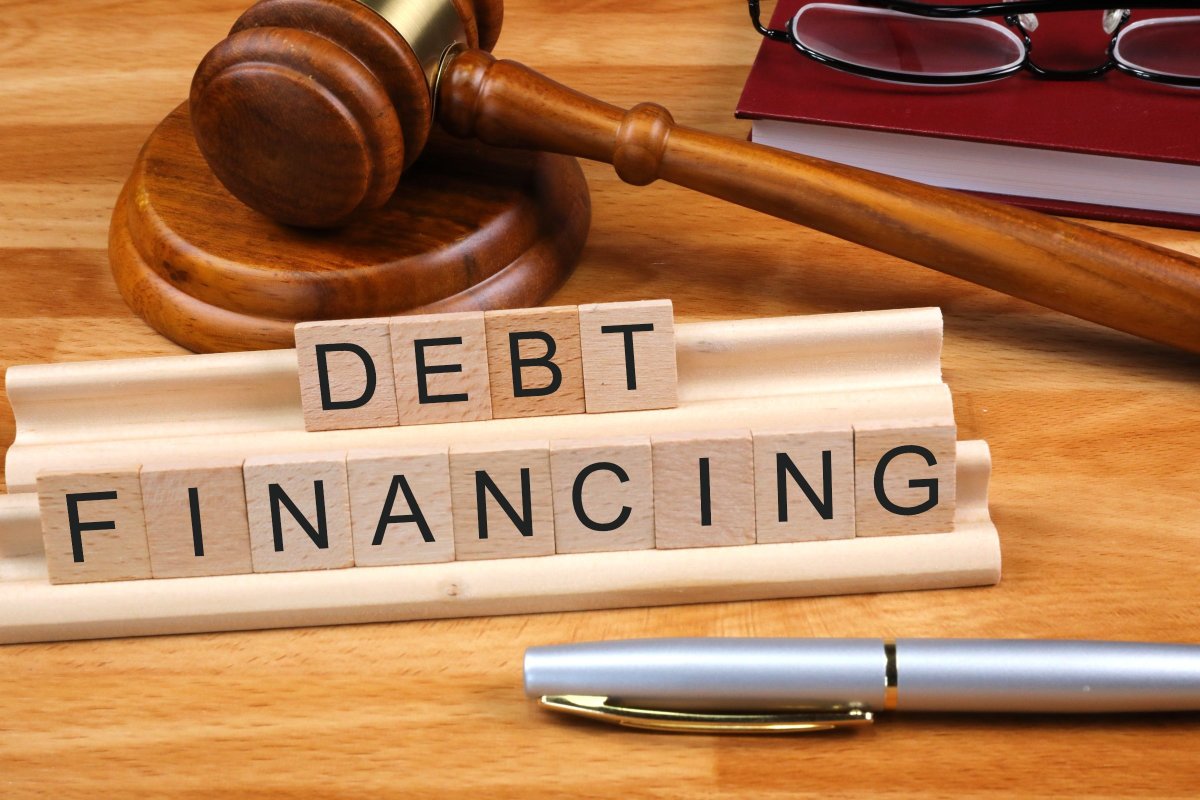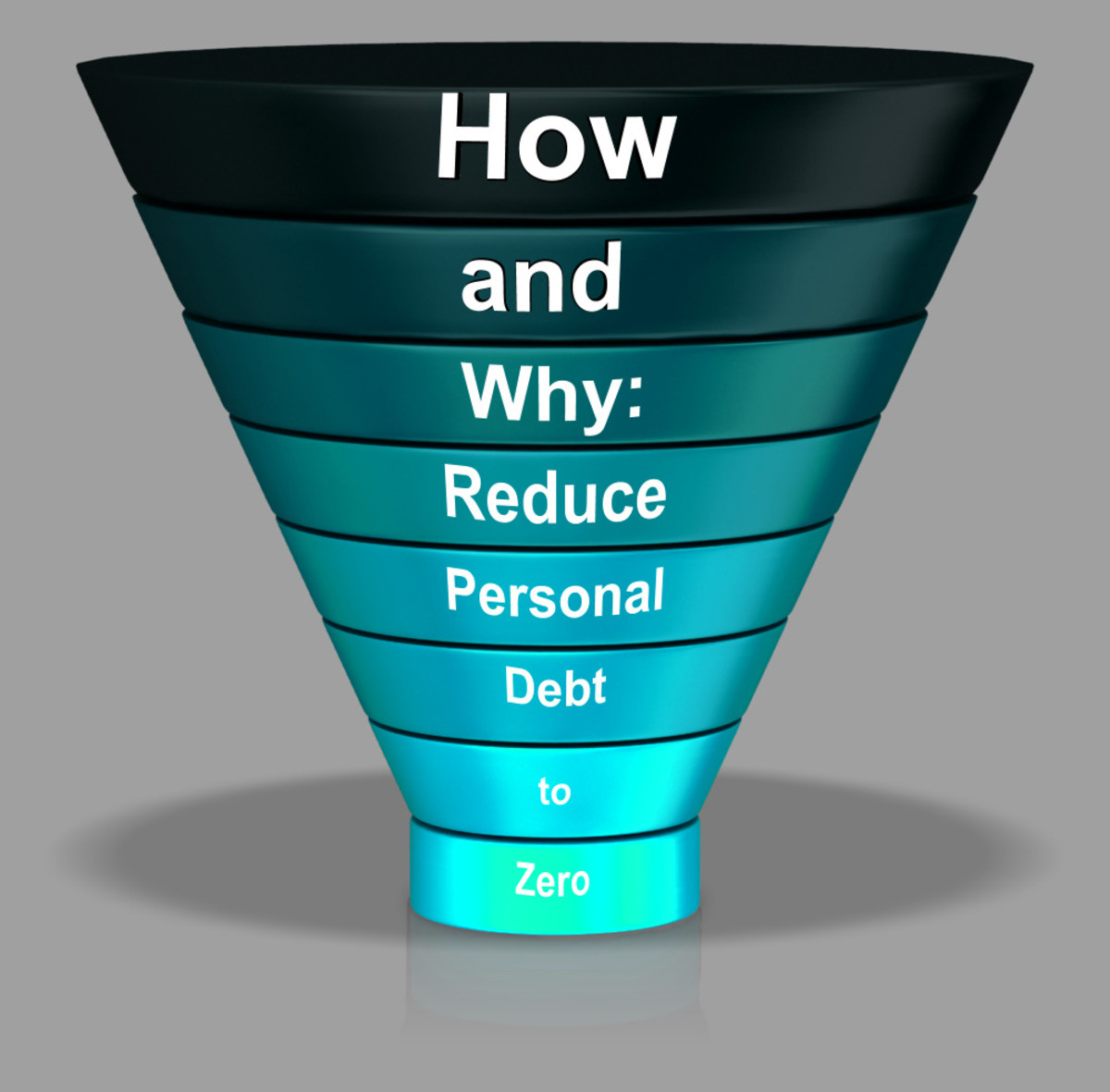Should I Be Debt Free?
Is Debt A Bad Thing?
Everyone wants to be debt free, because if we are debt free life is a lot easier. We don't have to pay all that interest, bother with the monthly payments, and when unexpected expenses come up we are not put in a pinch.
But is it a good thing or a bad thing to be debt free? Some in Christian circles teach that it is wrong to be in debt citing the scripture that states we are to owe no man anything, except love.
A modern financial guru, Dave Ramsey is a big supporter of living a debt free life. He teaches that if you will discipline yourself and live a lifestyle contrary to the modern American lifestyle then you will have a lifestyle that few enjoy. He has very sound advise especially for people who know nothing about money and/or live very undisciplined lives.
On the other hand there are people like Robert Kiyosaki of the Rich Dad Poor Dad company who teaches that there are two kinds of debt, good debt and bad debt. Which in itself brings in whole lot of other information that has to be considered. First of all is there such a thing as "good" debt?
Determining what type of life we want will determine what our debt structure will look like. In this HUB I am going to provide what I will call common sense toward debt because I think the answer to this question is different for every.
Who Are You?
When we look at teachers like Dave Ramsey who is very solid and has helped a lot of people we can easily conclude that his advise is very valuable. But then again so is the teaching of Robert Kiyosaki who distinguishes between good debt and bad debt.
I don't feel that the answer lies within the philosophy of either of these two individuals, but within us. Here's how I see it. While Robert Kiyosaki talks about good and bad debt he also talks about financial education and while I agree that everyone should become financially literate I also realize that most won't.
Therefore, if you are the type of person that will not educate yourself in money then you should be debt free. Because if you have debt that works against you then you just making other people rich at your expense. Sure you may have a nice whatever that you enjoy for a period of time, but eventually that debt will keep you in bondage and you will be working your whole life just to make it to the next month.
For a person like you I would grab a few of Dave Ramsey's books and start cleaning up your financial life. His books (I've read most of them) will not only show you how to get out of debt, but also motivate you.
If you are the type of person who is willing to learn then you can learn how to have debt that increases your wealth, wealth that Robert Kiyosaki describes as "good" debt. Let me give you an example of a house that I bought for a rental. It's a small 2 bedroom house with one bathroom house that I was able to buy for $75,000.00. I was able to buy it with some creative financing without putting any of my own money into the property. At the time of this writing I've owned the property for three years. In that time frame I have never spent a dime out of my pocket as it has been rents 100% of the time. After all my expenses I make about $1,500 a year on this property.
While I understand that $1,500 a year is not a whole lot of money when you consider that it is money generated off of debt then it becomes a lot of money. Consider this, if I had $10,000 and made $1,000 off that investment I would have made a 10% return. But if I made $1,500 off of no investment my return not calculable. It is literally money created out of thin air. In addition, someone else is paying off the debt used to purchase the property.
While this property is current worth about the same as when I bought it, maybe a little less it is an asset that I will own one day that is paid for by someone else and as long as I keep it as a rental it will continue to produce income off of nothing. This is the power of debt when debt is used right.
For debt to be "good" it has to produce a return. Therefore, debt to buy clothing, cars, food, vacations, etc will never be good debt because all the debt does is make what you are enjoying more expensive. But if I can buy something using debt and the thing I am buying will not only pay back the debt, but produce an asset now I have debt working for me.
Should I Pay My Home Off
It is very true that you will pay far more in interest on your home then you will for your home itself, so should you pay your home off early?
To me there are several considerations that should be made. The first one is how do you plan to pay off the home? If you are going to take extra capital (money out of your monthly income) and put it on the mortgage then you have to ask yourself if the math will work for you. What I mean by that is going to come back to your financial education.
Let's say that you have $50,000.00 available to you, should you pay off your 6% mortgage? We know that if you pay off your 6% mortgage that you are guaranteeing yourself a 6% return because you will be saving that amount of money. However, what if you have the ability to earn 8% or even 10%? Would it make sense to pay off 6% then?
What if you educated yourself in buying rental properties and you were able to purchase two different properties using the $50,0000 as a down payment in order to secure financing. If you did just as I did in the example above an only made $1,500 per year on each (you should do better as I financed 100%) that would be a $3,000 return per year on a $50,000 investment. If you don't know how to figure it out that is a 6% return. So, is this a good deal?
Let's assume your homes mortgage was a total of $50,000 and you had a 30 year note when you paid it off. You have saved $57,920.80 in interest and you have a home that is paid for. But if you took that same amount and purchased two properties valued at $100,000 each and put $25,000 down on each property you now have three properties with one mortgage of $50,000 and two additional mortgages of $75,000 each.
Over the next 30 years you pay $57,920.80 in interest on your home (some of which you will get back in additional tax savings as you are able to deduct this interest), but you also received $3,000 per year after expenses which totals $90,000 over 30 years. Just on the net rental profit you are ahead over $32,000 and we haven't even calculated the savings in taxes that the rentals provide.
But there is one other major point. In the first scenario you ended up owning a $50,000 asset (your home ), in the second example you know own three homes worth $250,000 and two of the homes (now paid off by someone else) are producing a nice monthly income stream.
My answer to paying your home off early, as you can see above, doesn't always make sense. One of the best ways to pay off your mortgage where it will truly save you money is by paying your mortgage off with the banks money. I've written another HUB that will explain how to do that.
Financial decisions break down into two categories which are financial education and math. We've all seen the offers in the automobile industry that goes something like this, "Zero percent financing or $1,500 cash back." When I am speaking to groups of people I often ask which is the better offer. There is always people on both sides saying that one is better then the other. But I always point out that we don't know. There are many variables.
You have to sit down and do the math. What can I do with my money, how am I going to pay for the car, what are other available rates (credit unions, etc), and so forth. I don't know the answer until I sit down and calculate my various options.









